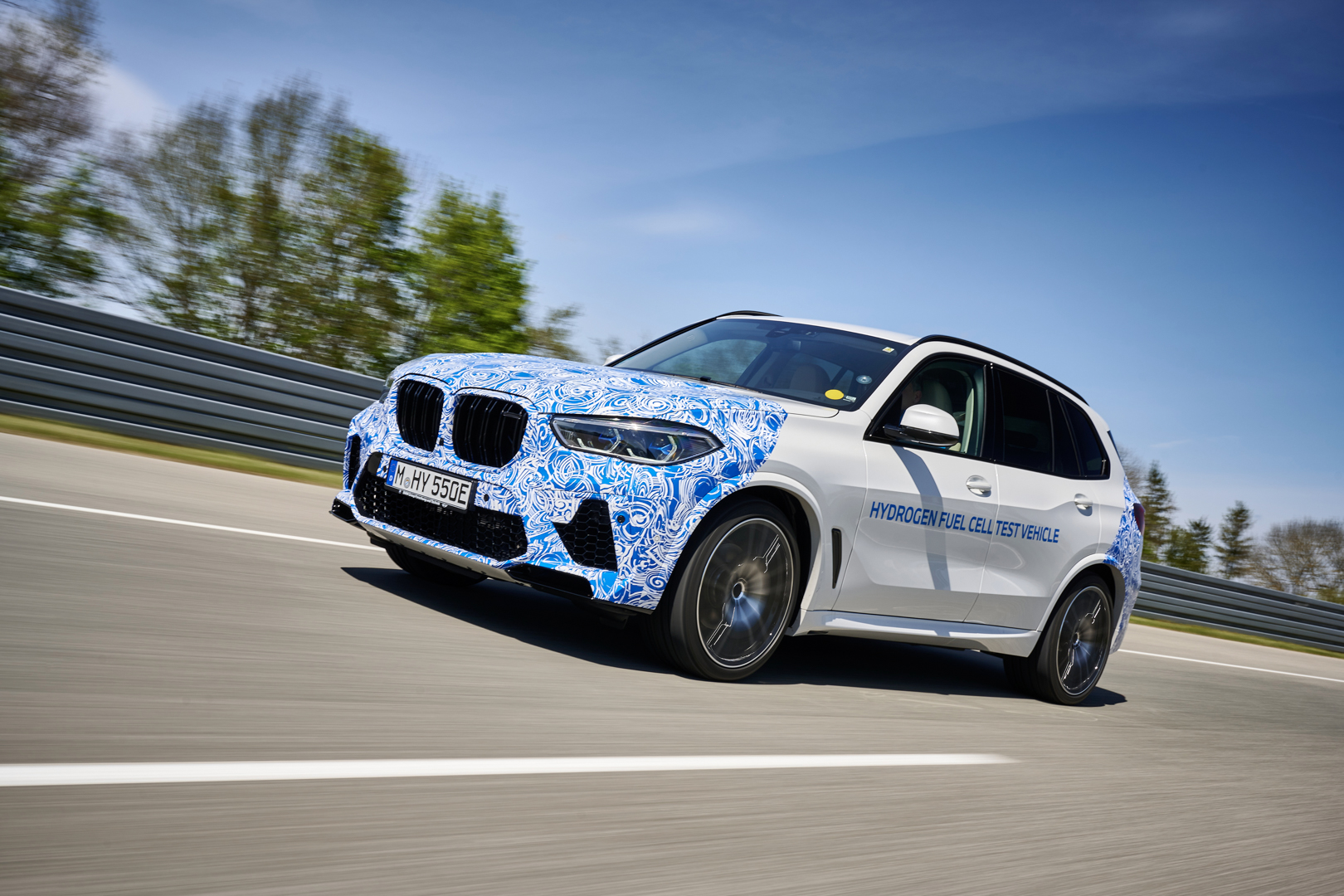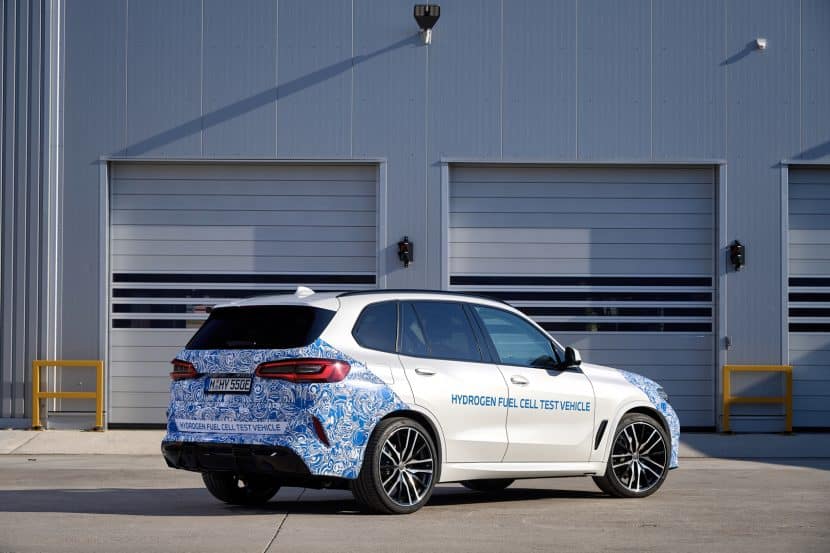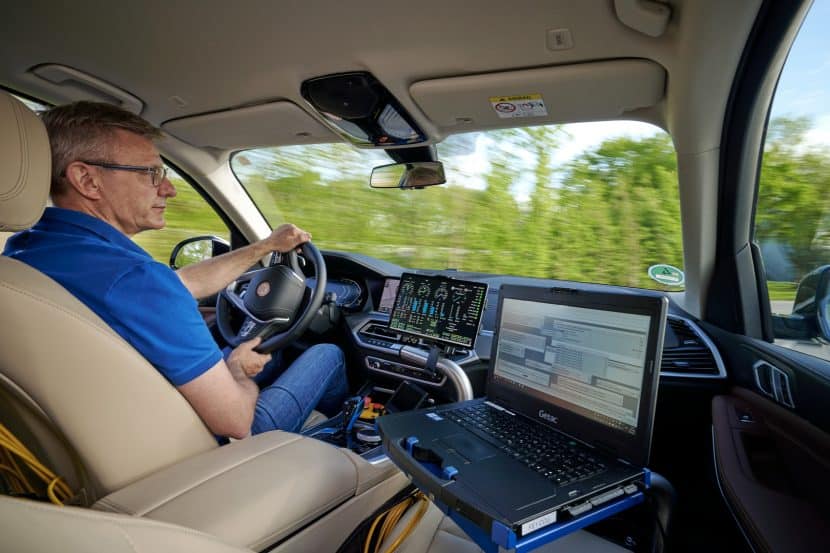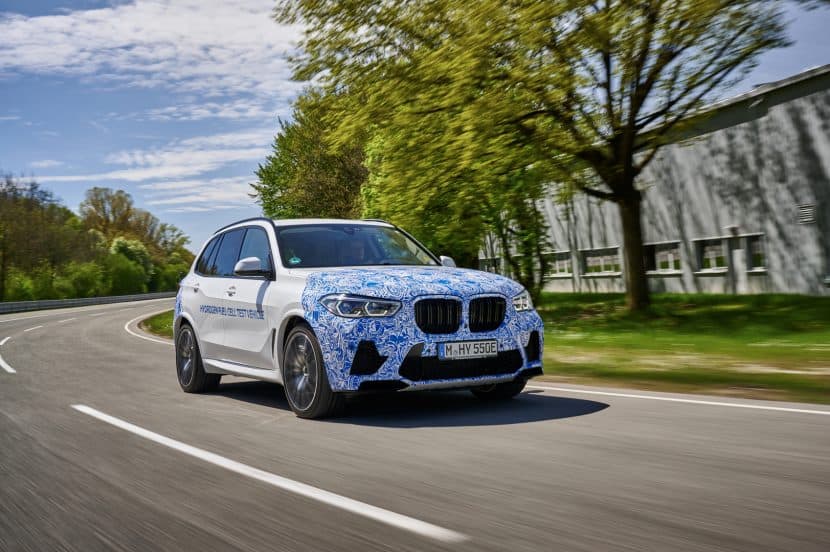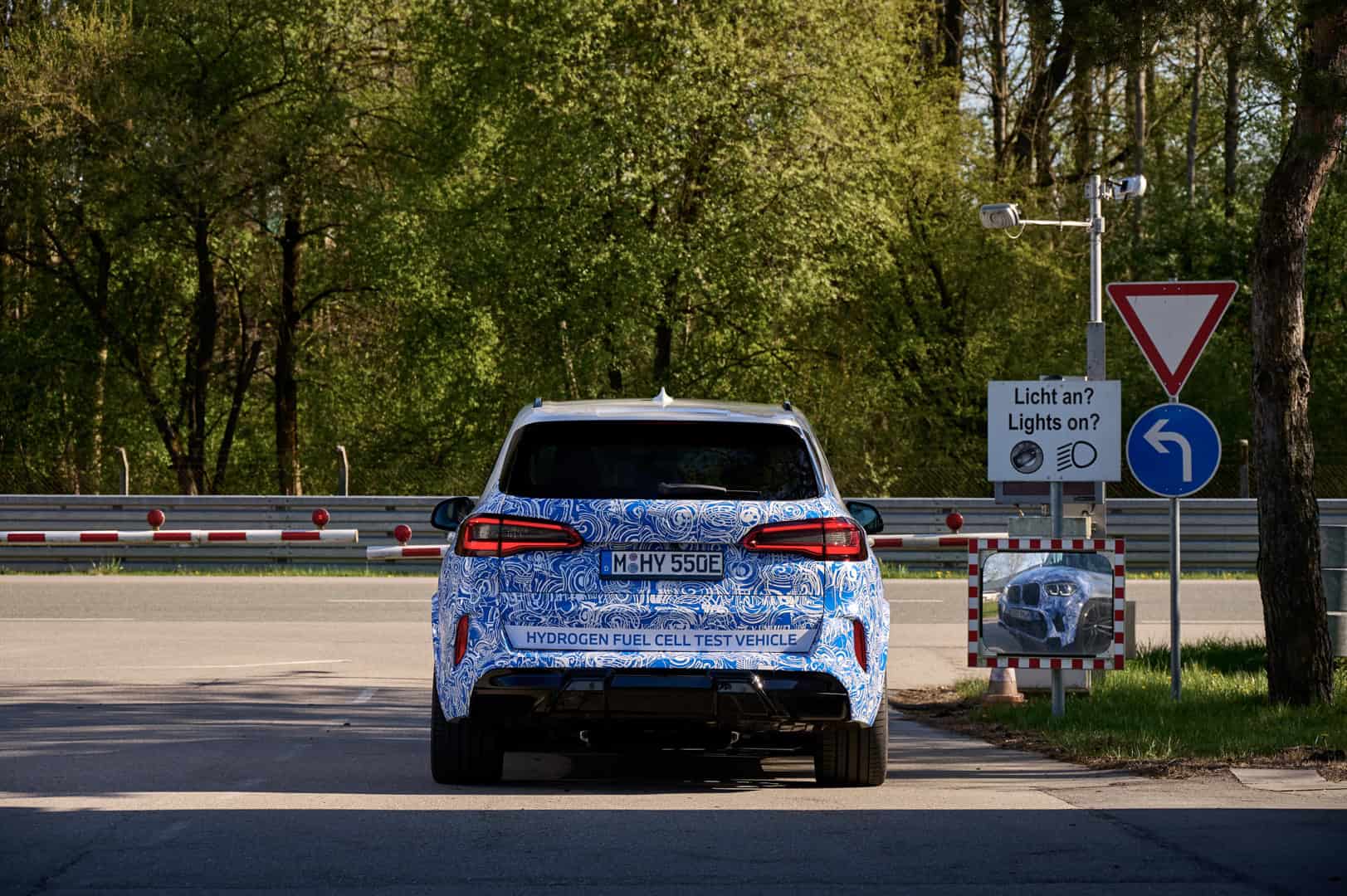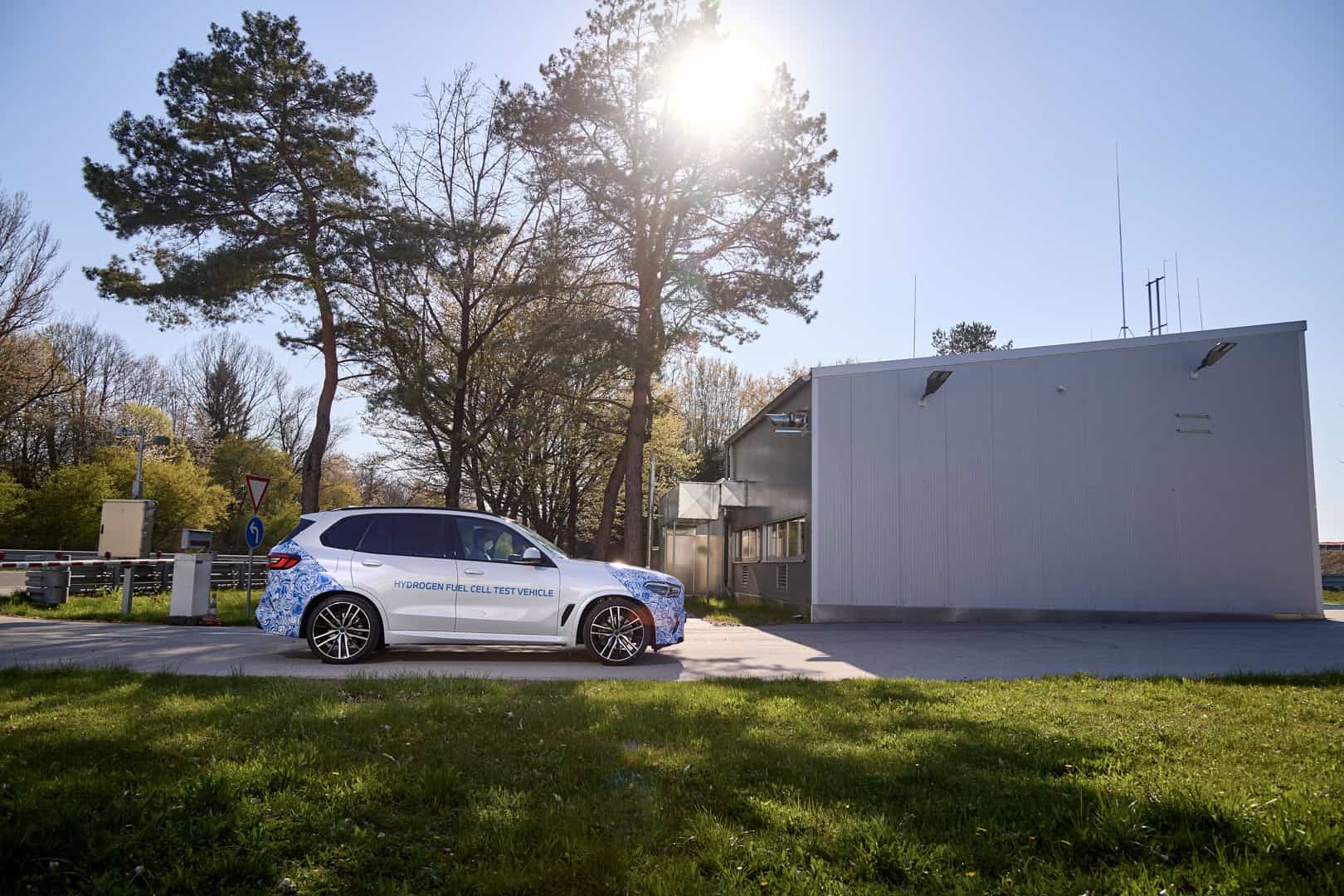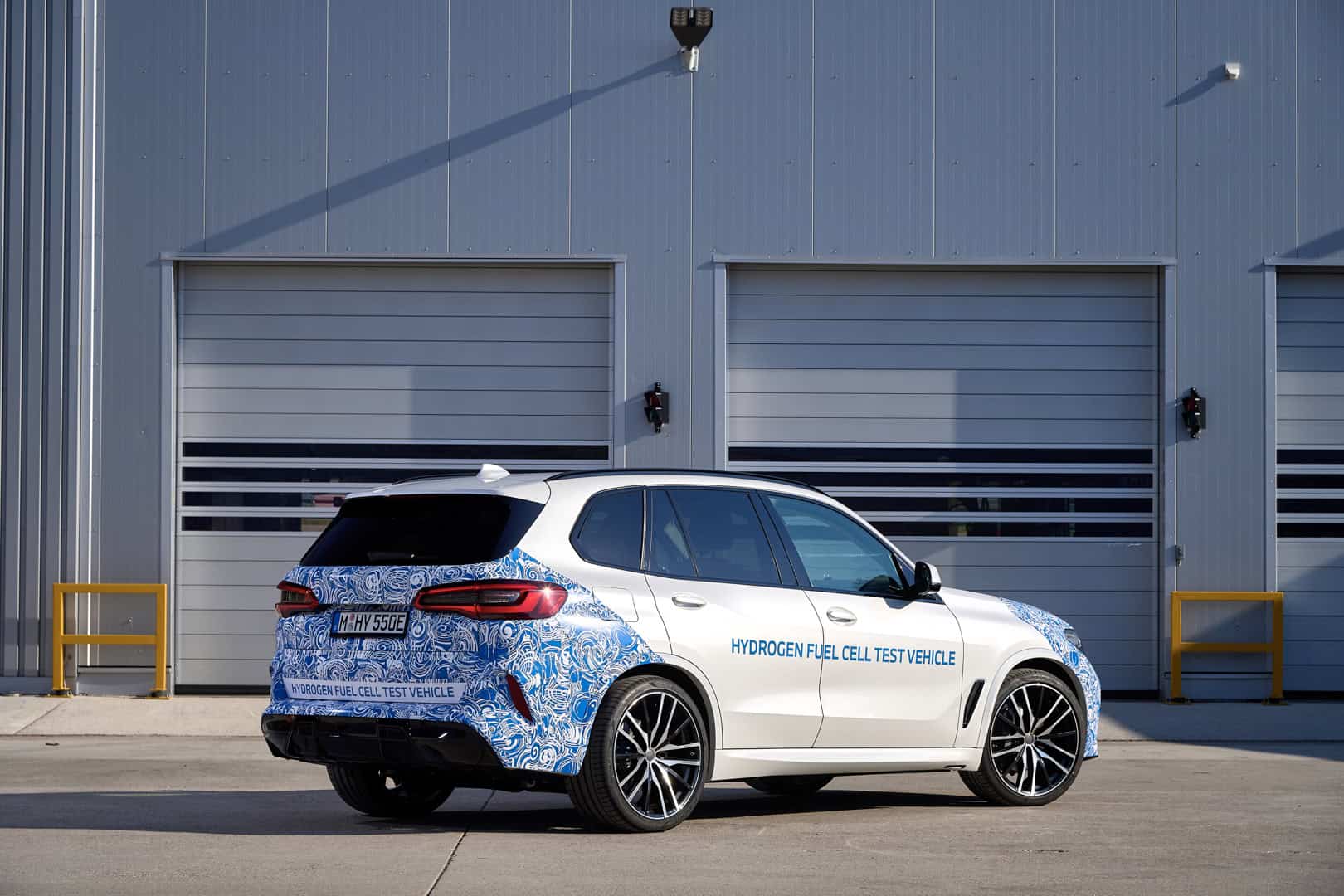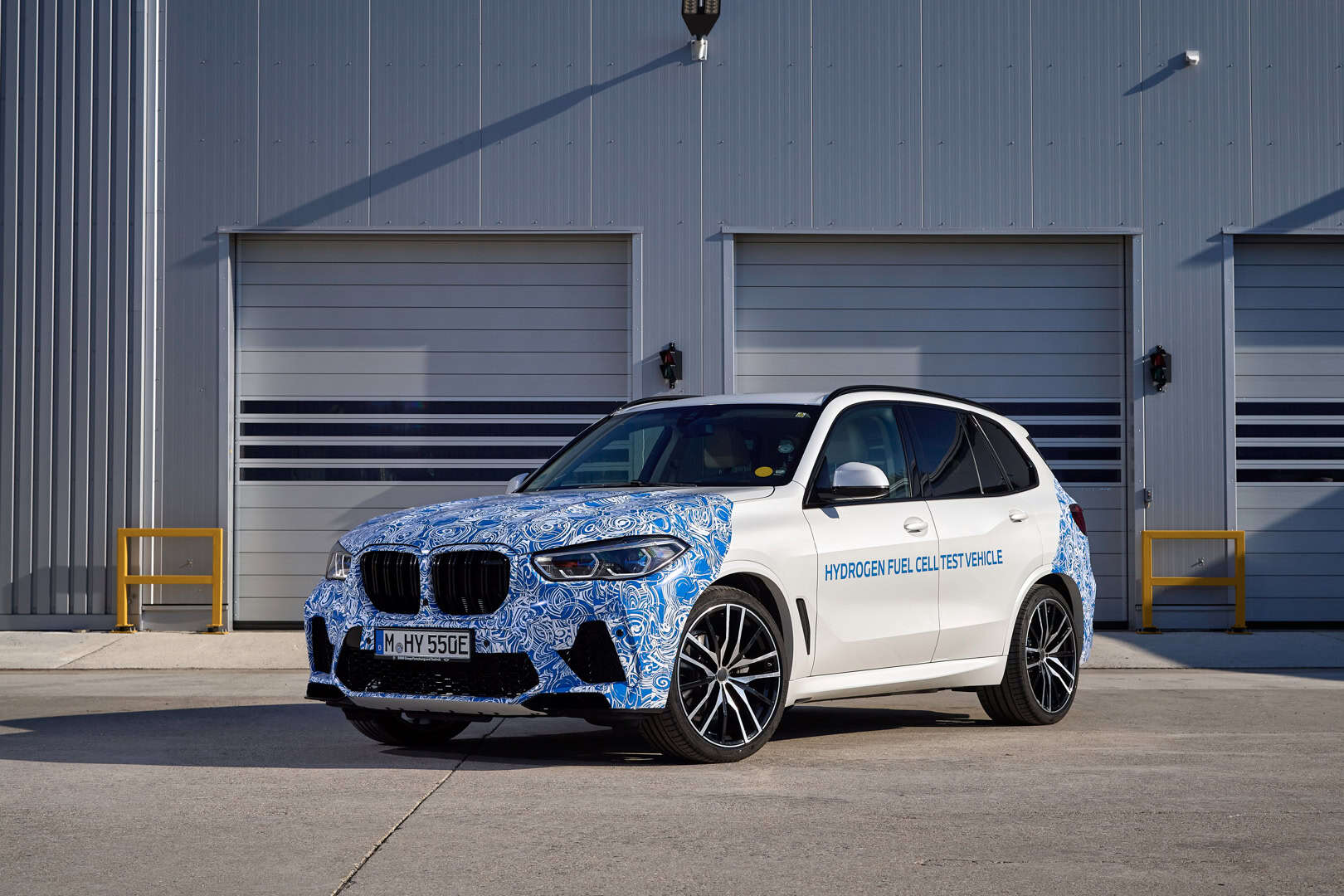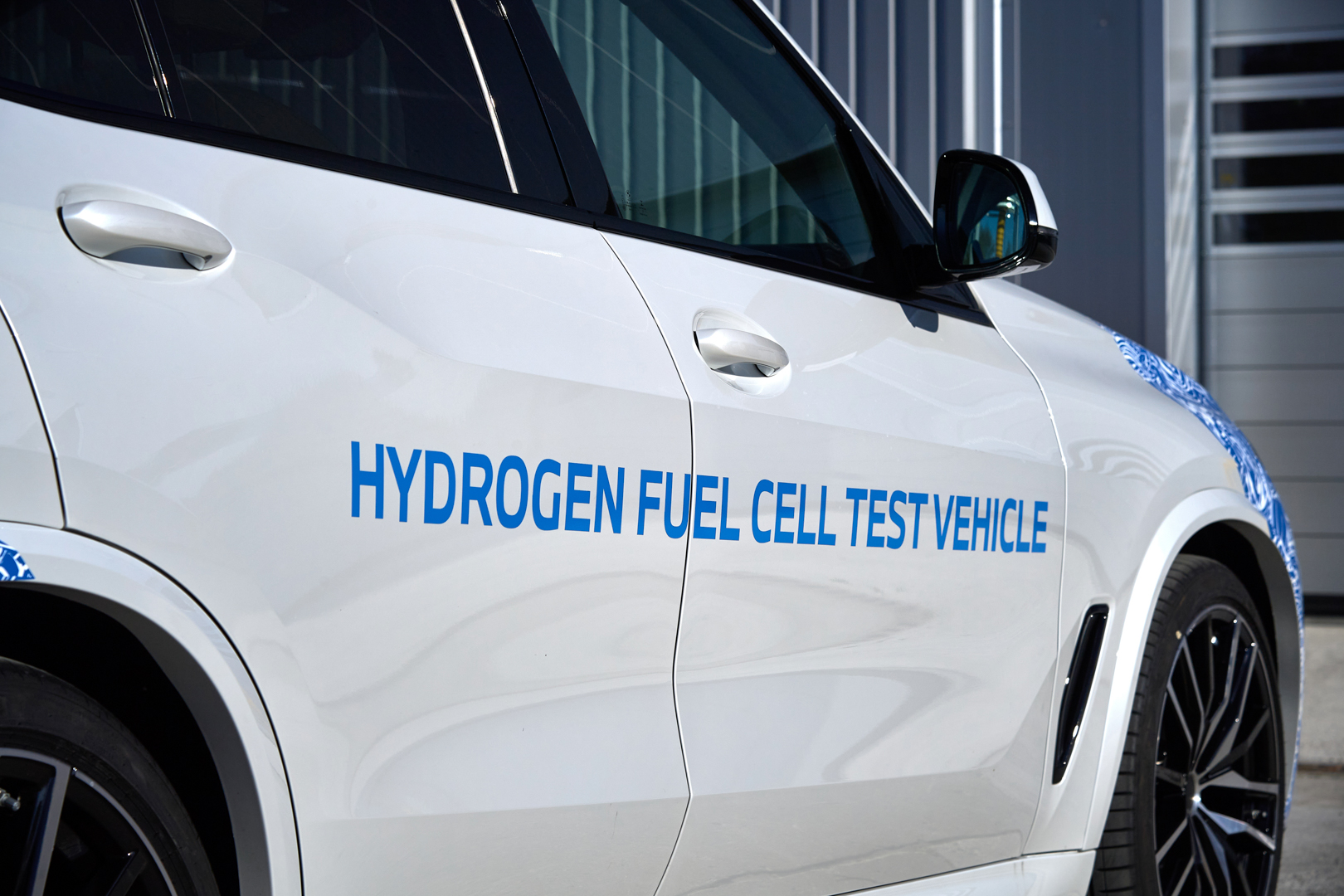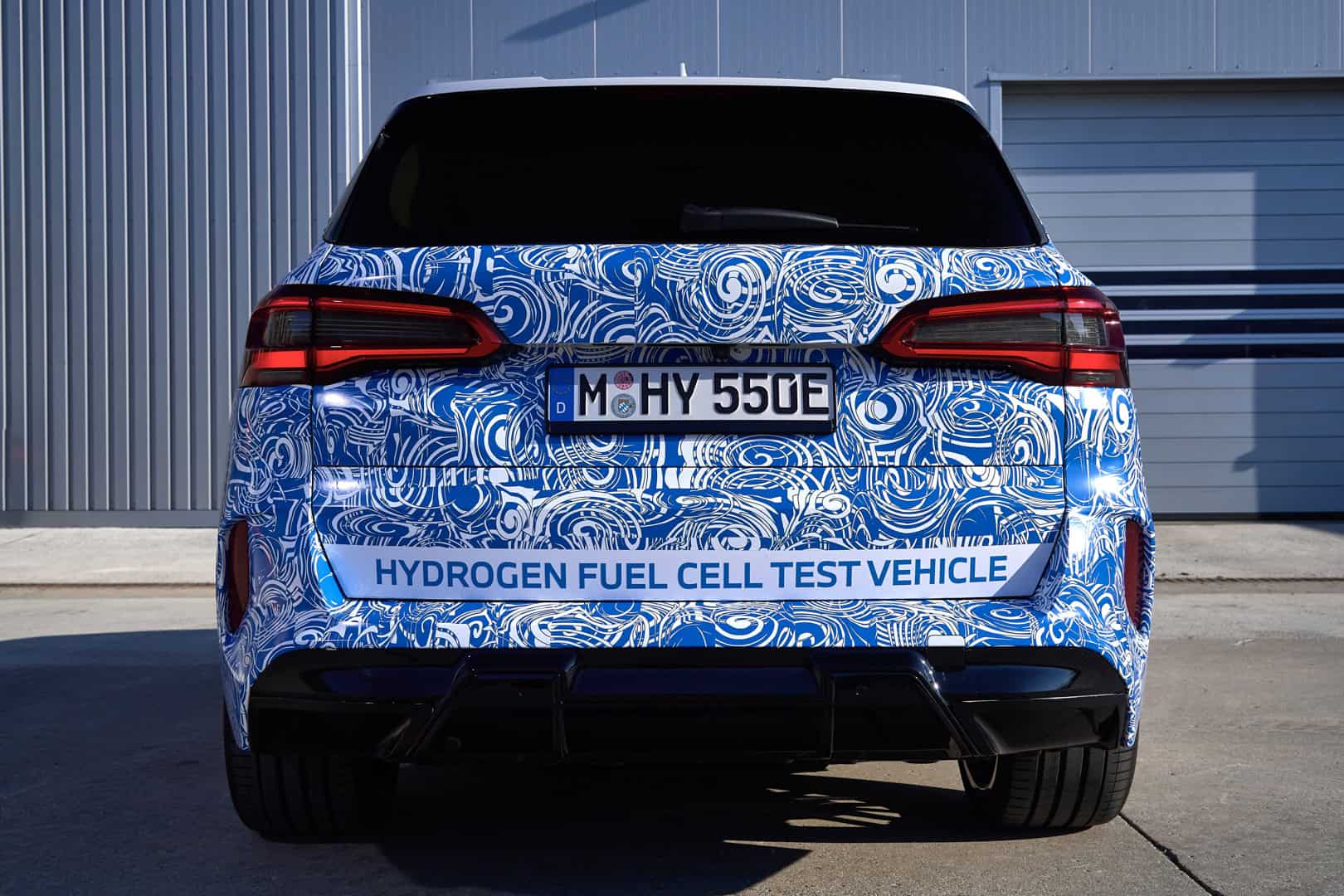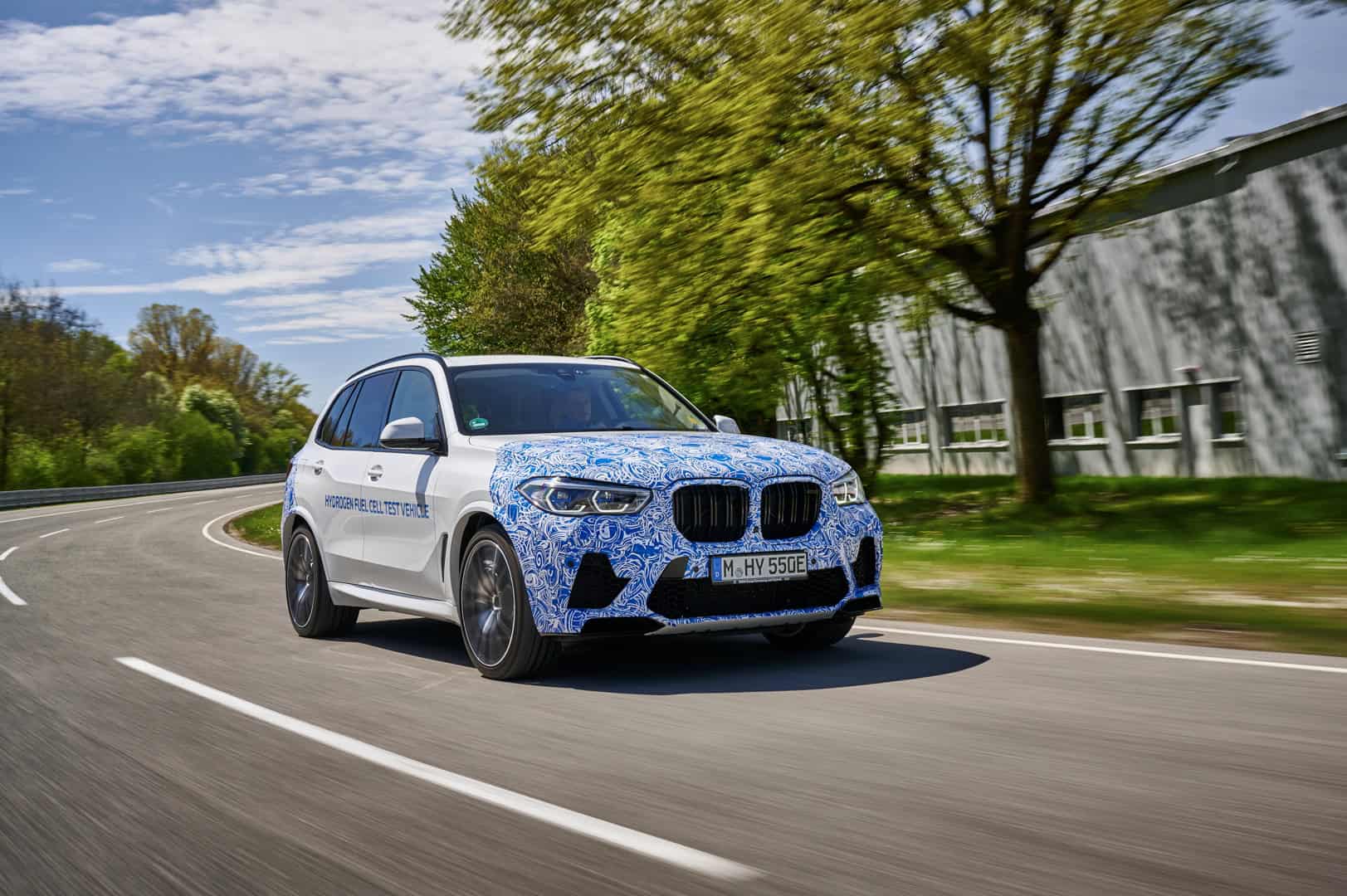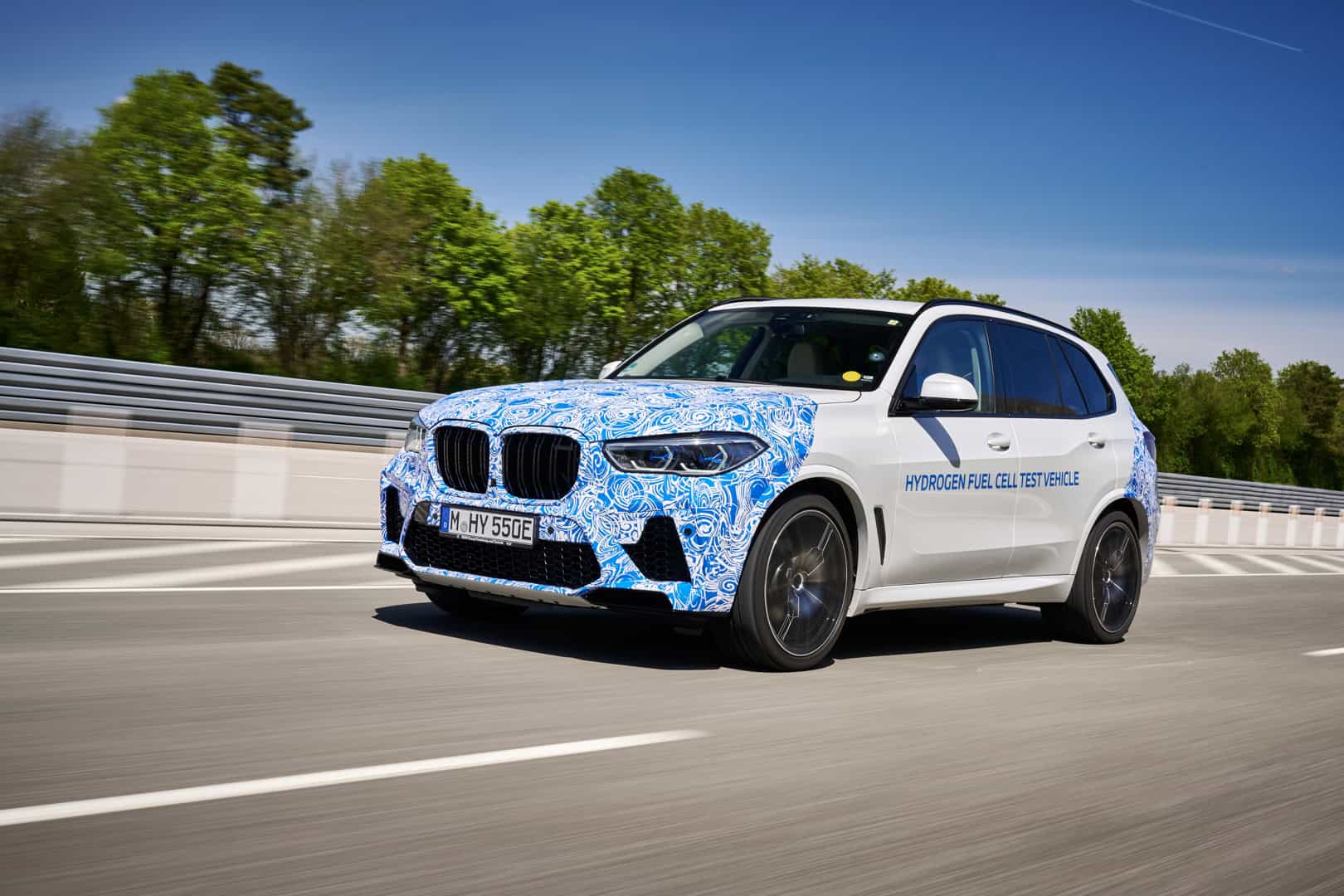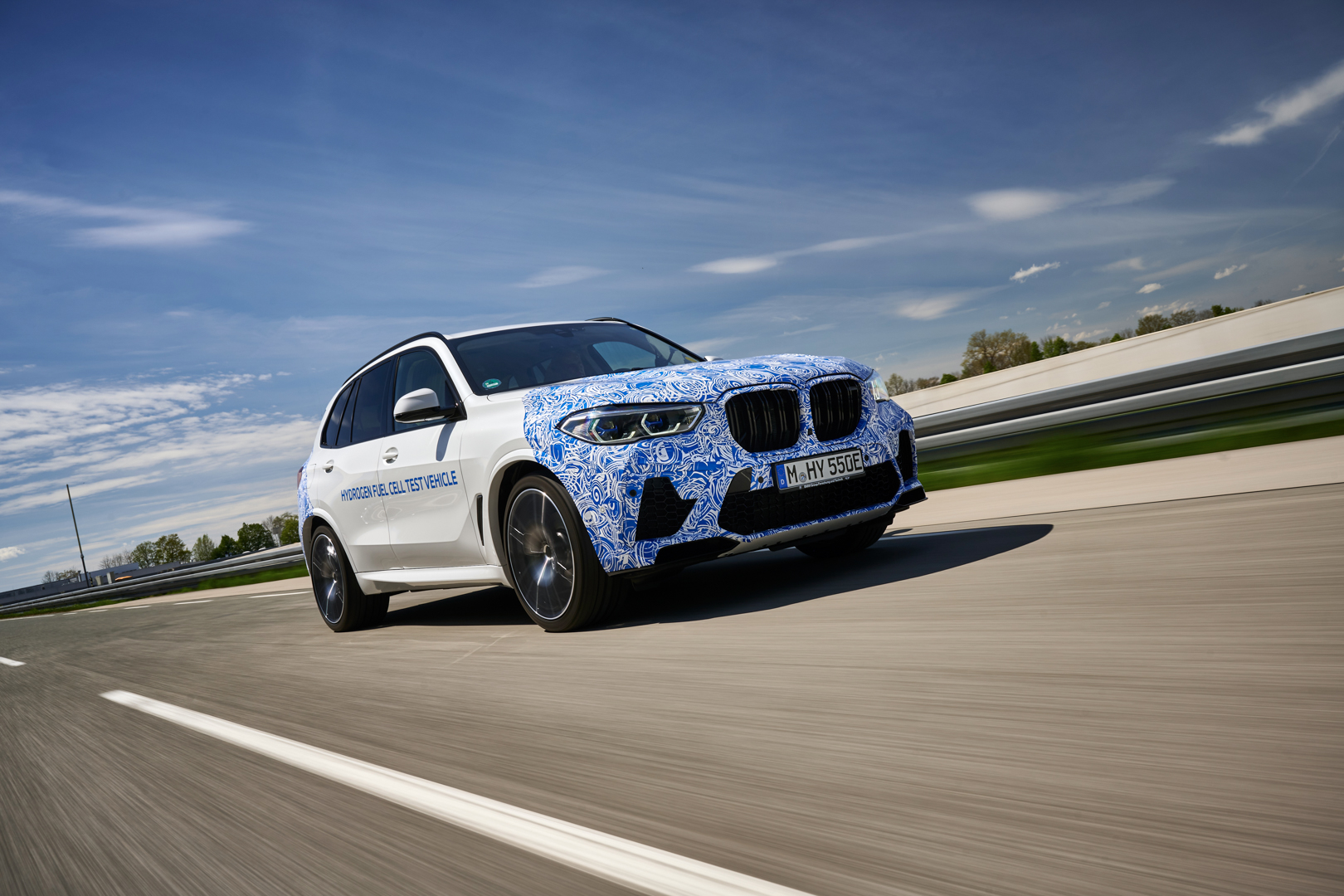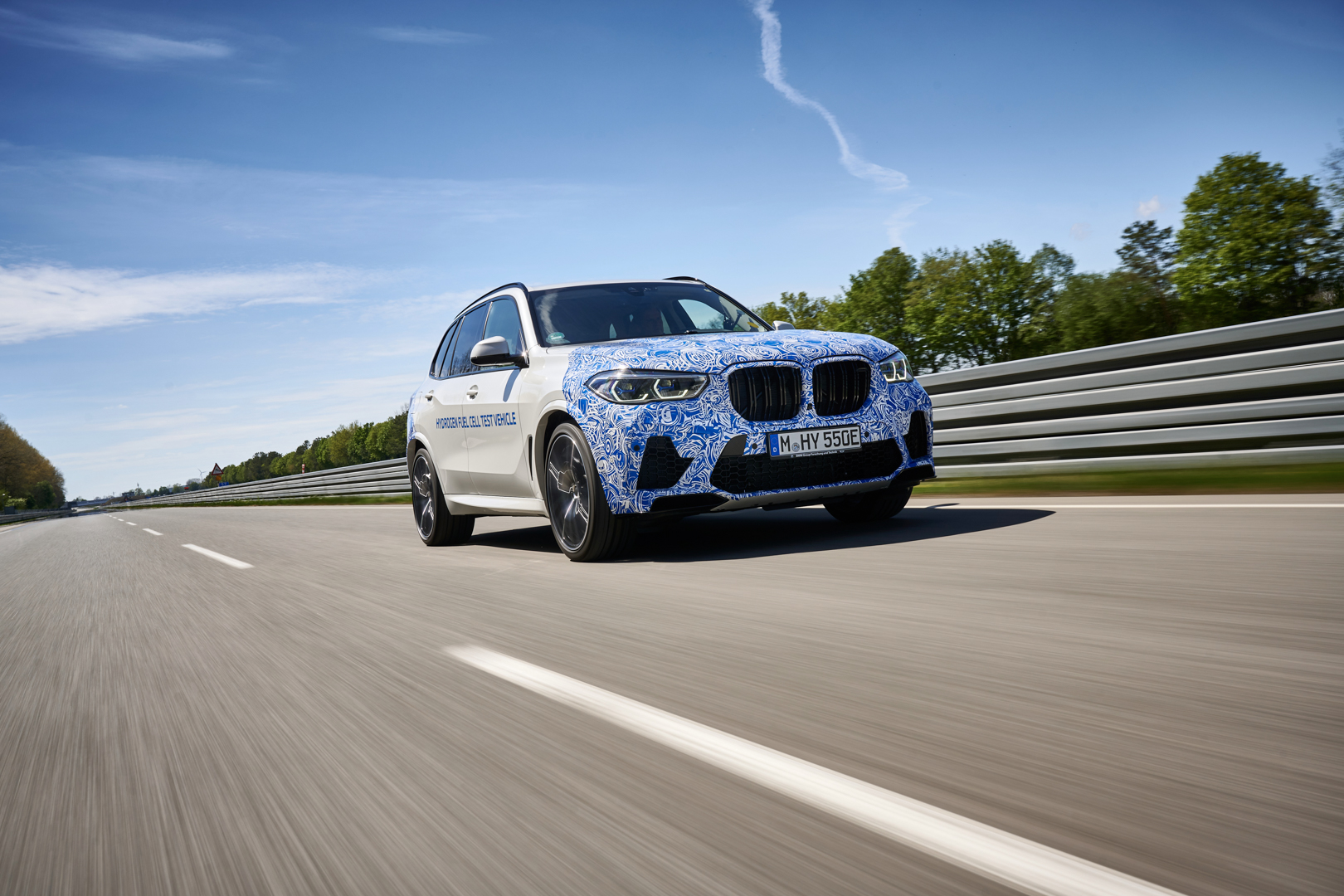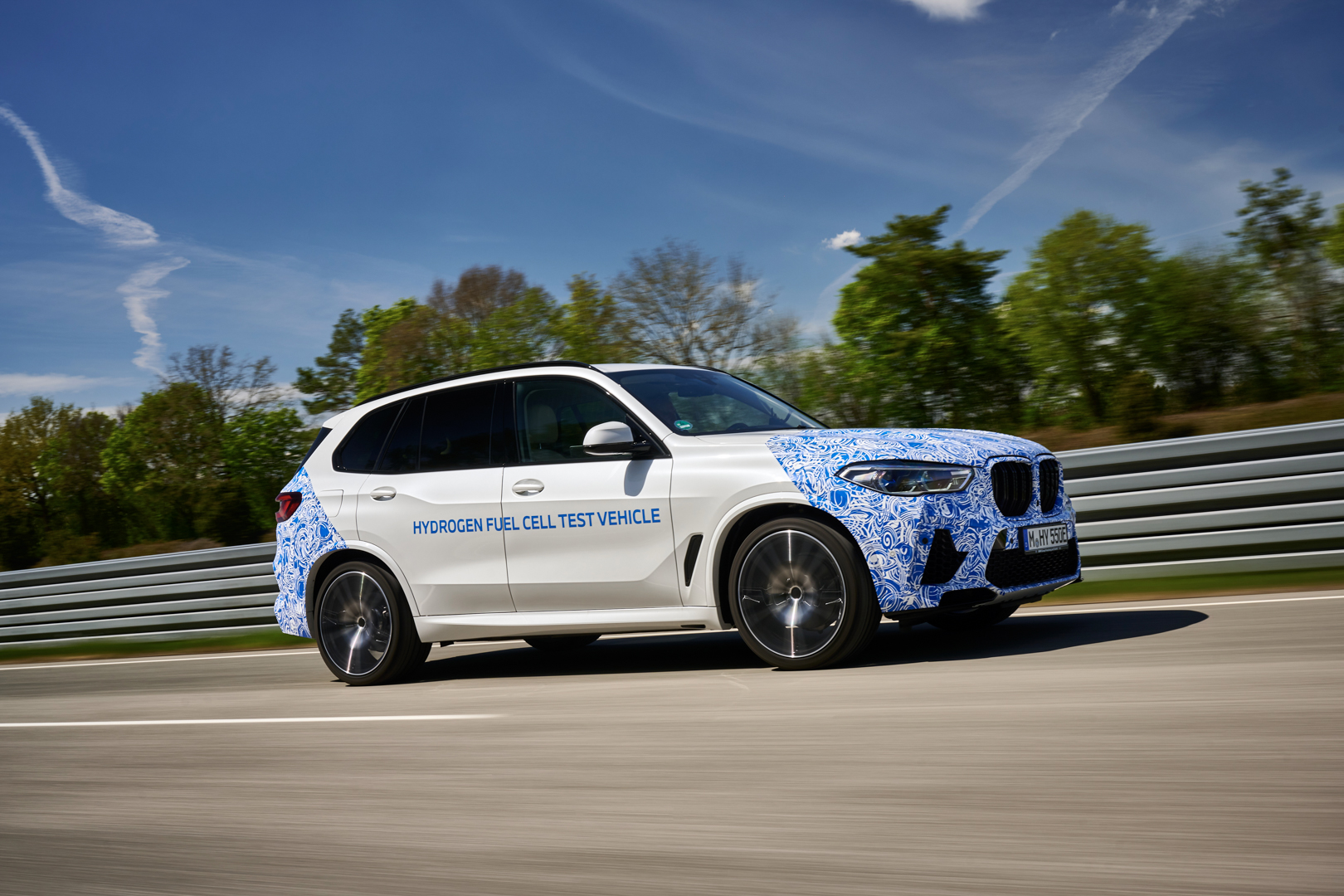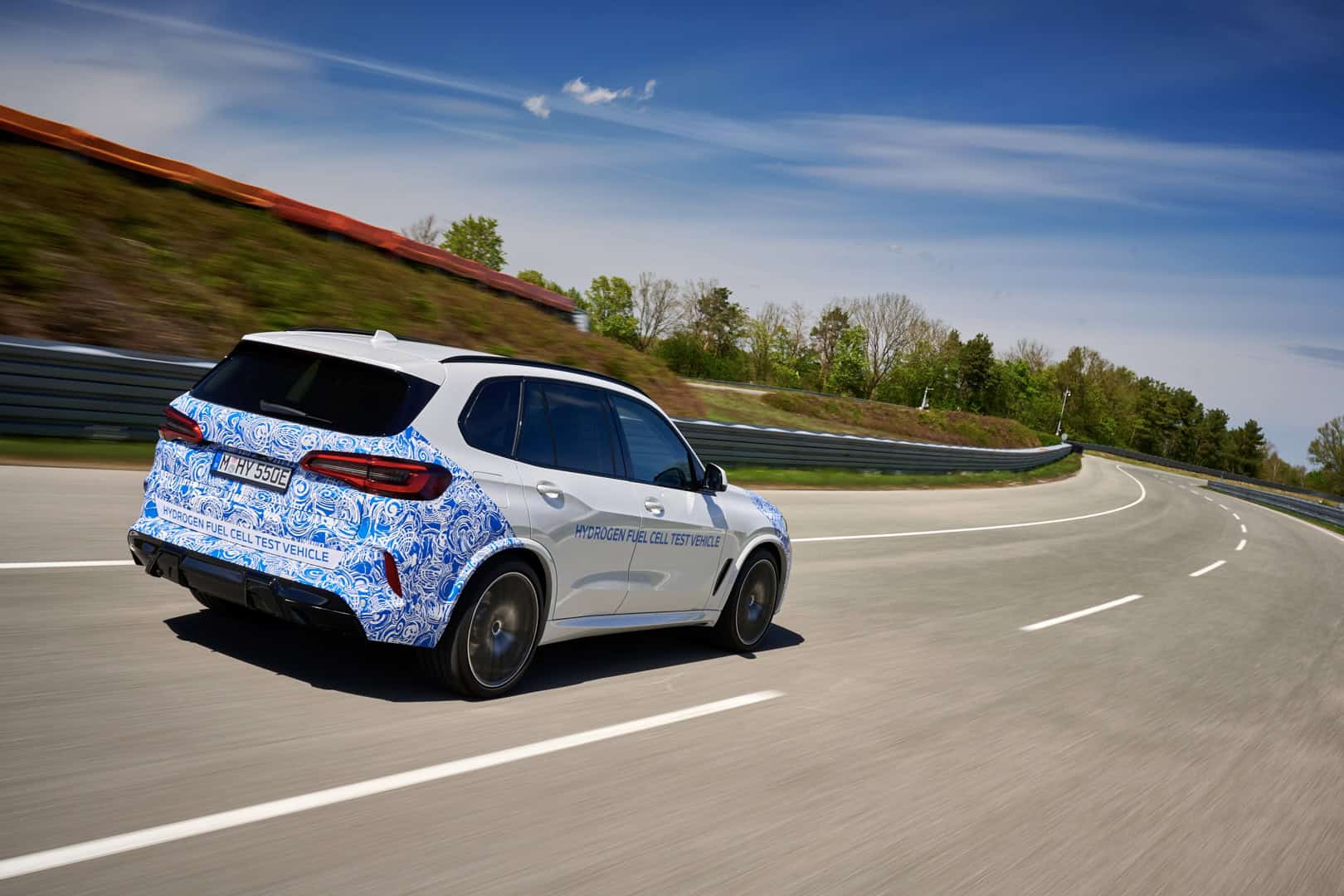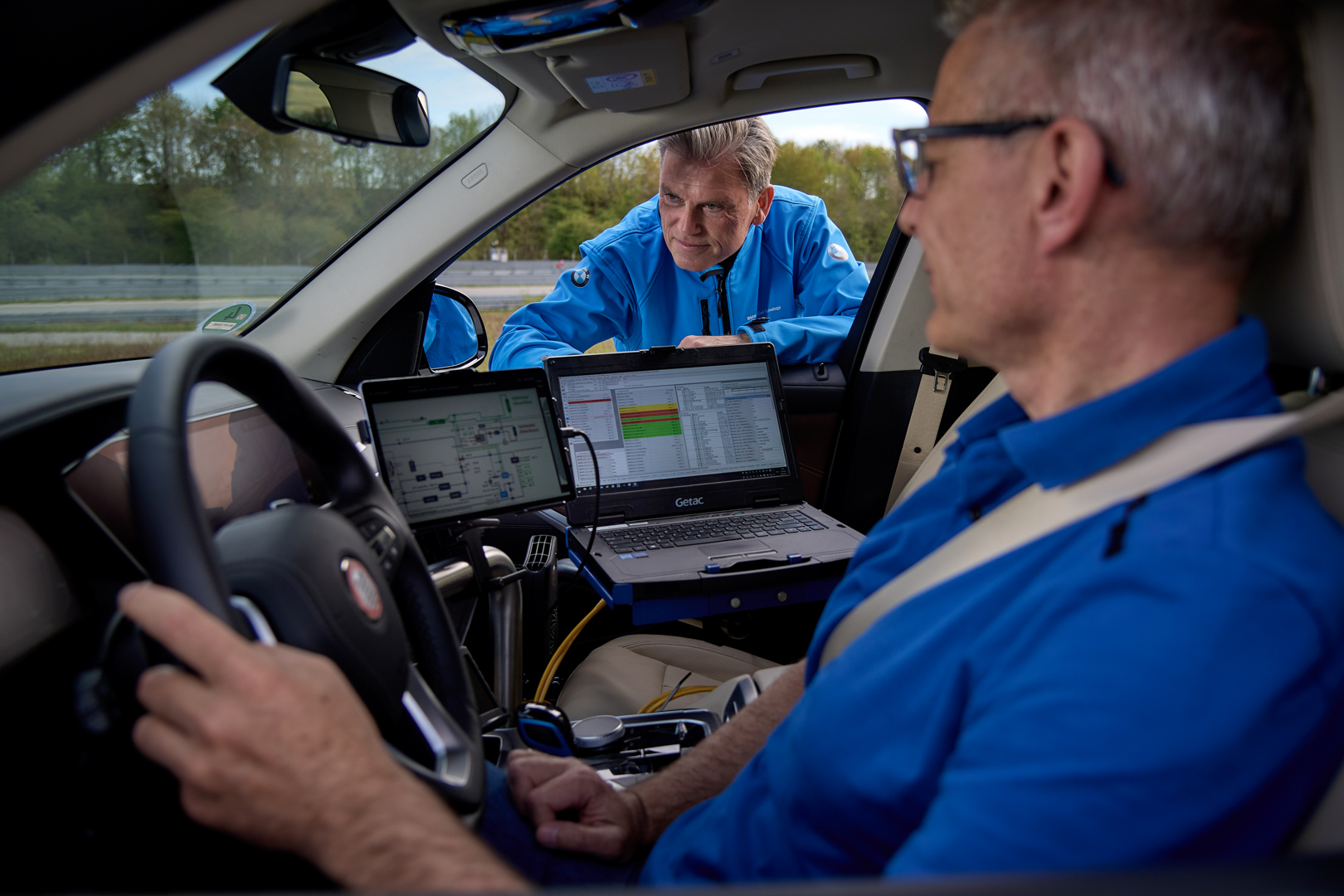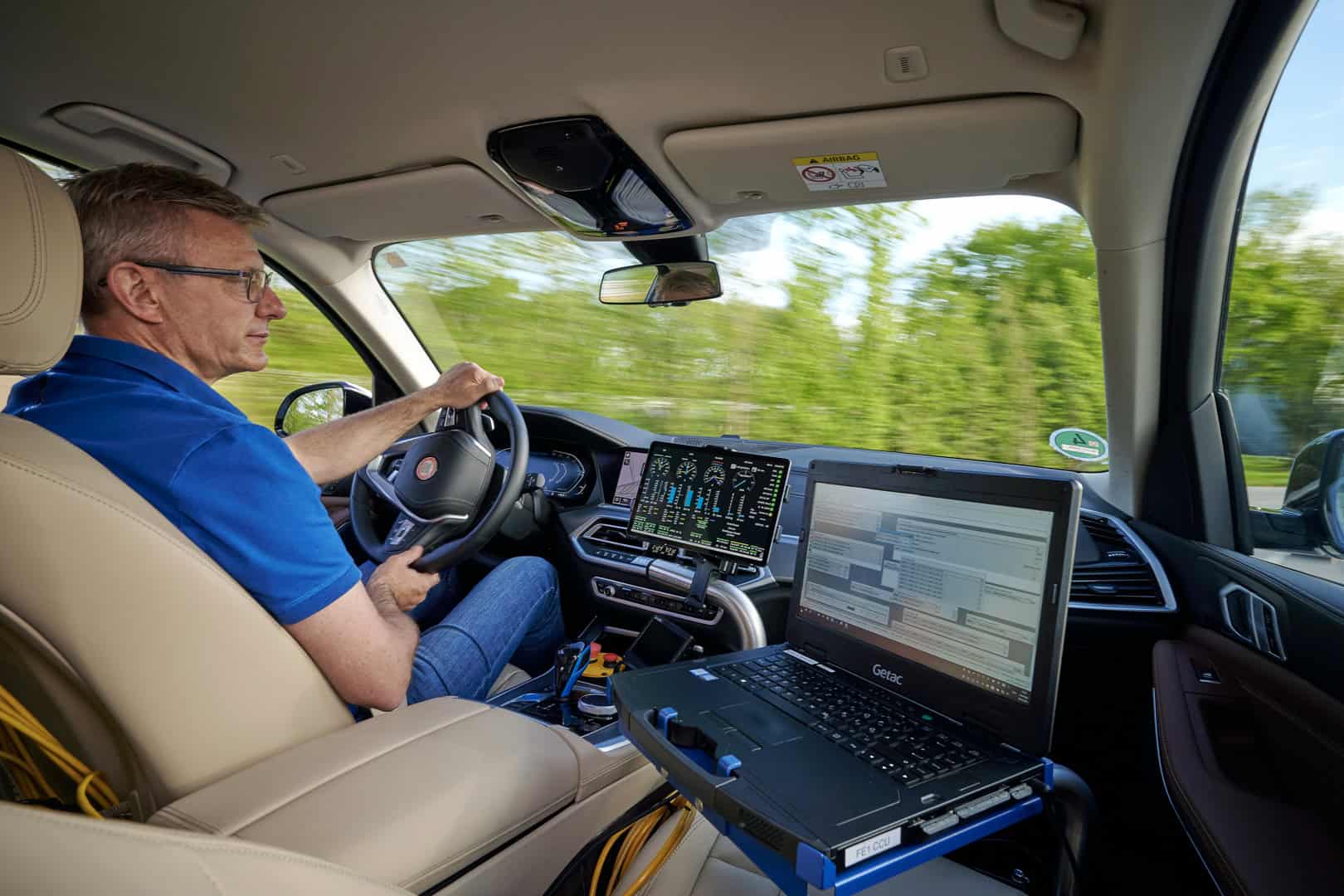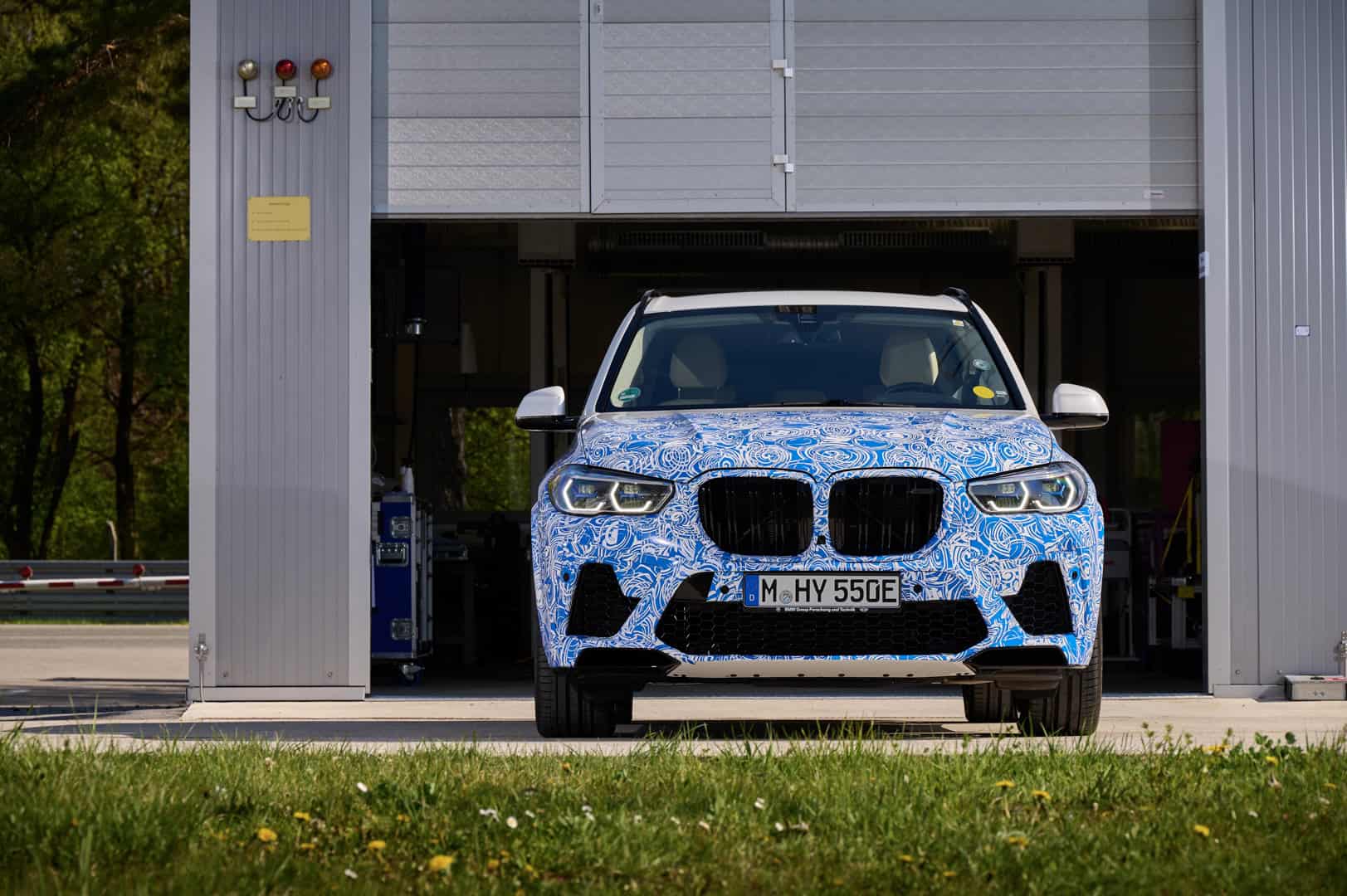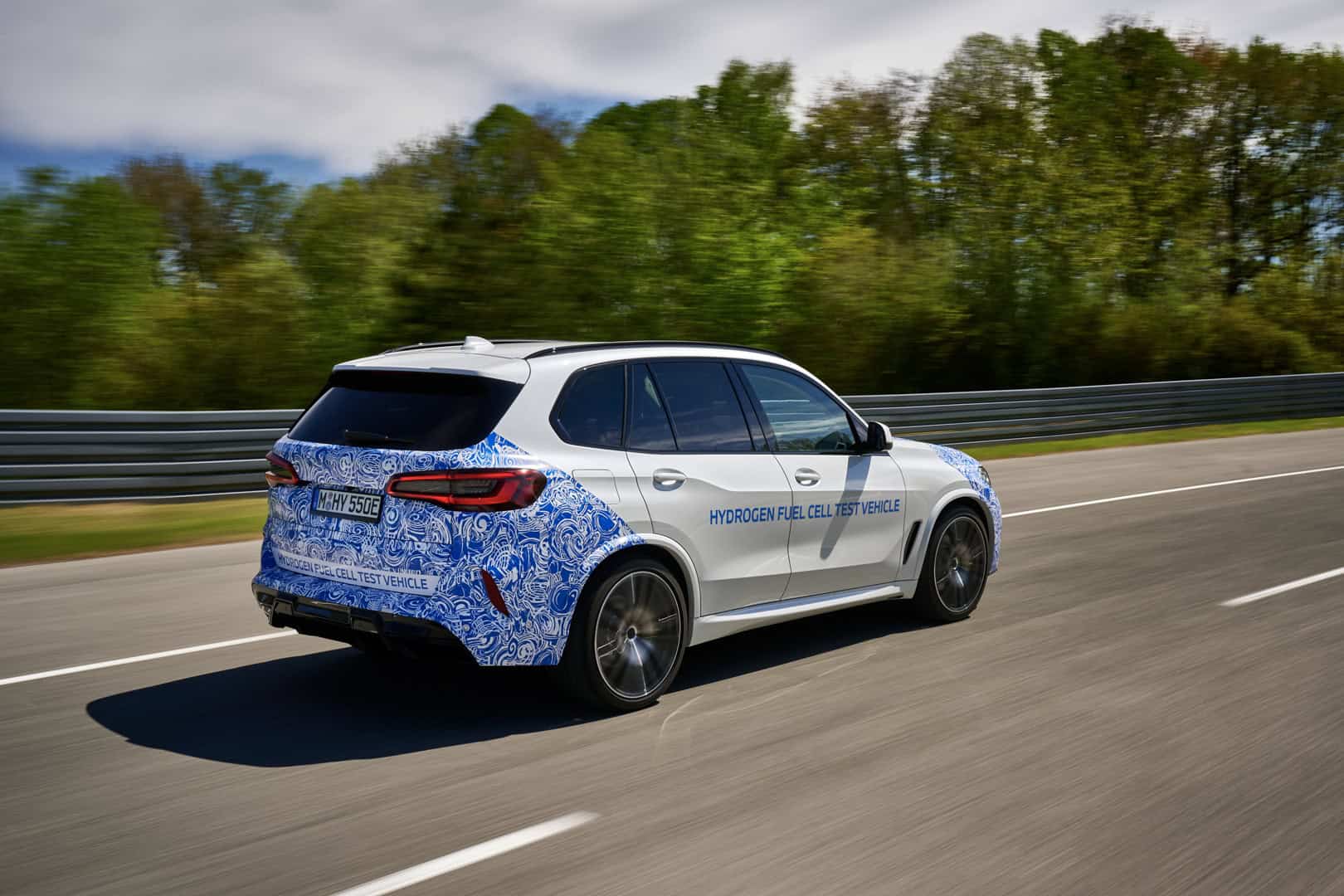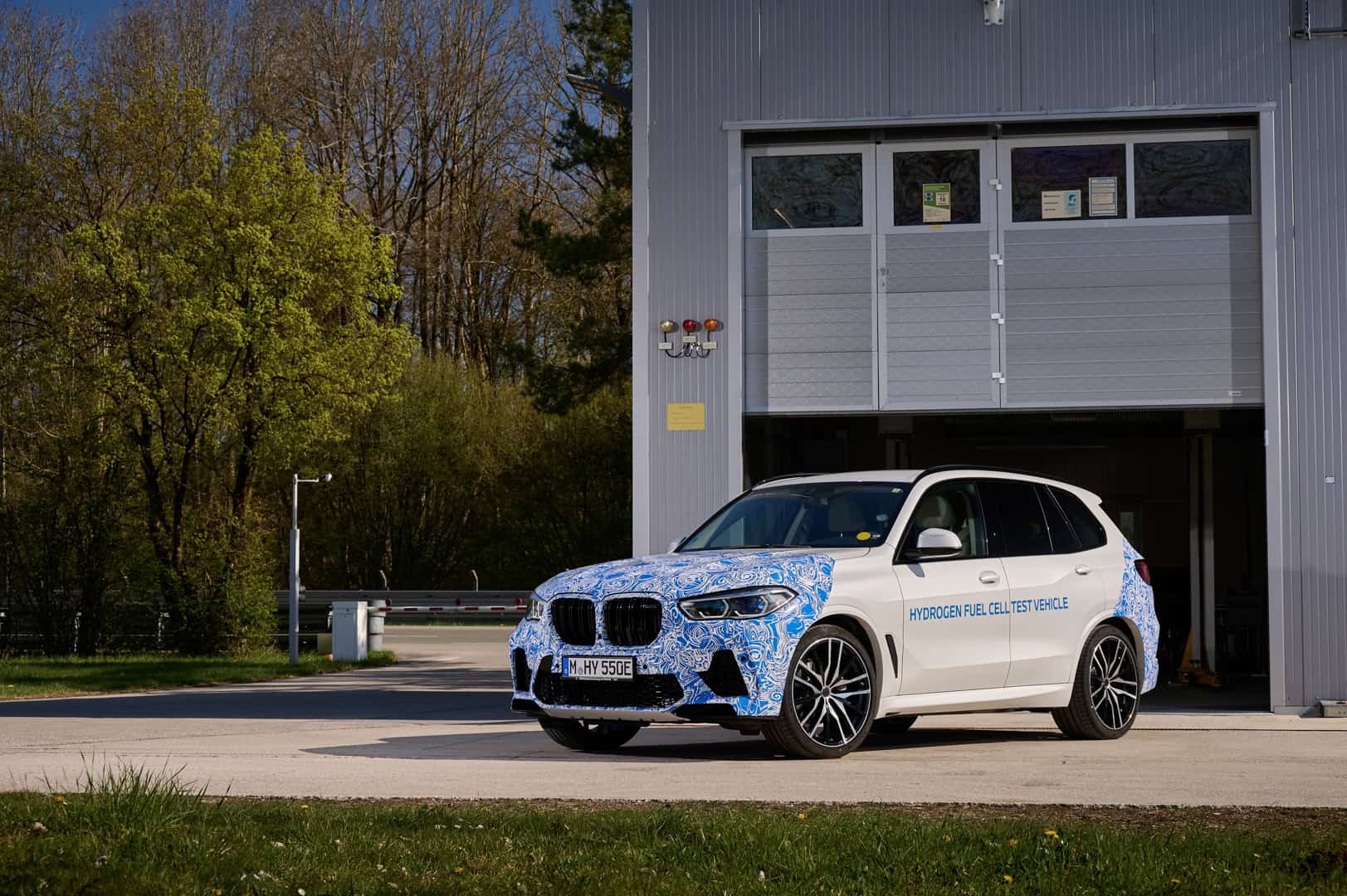BMW is one of the few automakers that has yet to give up on hydrogen fuel cell technology. While most automakers are choosing to instead go all-in on EVs, BMW is keeping its fuel cell program alive, as the Bavarians feel that hydrogen can be a very effective technology for long-distance vehicles in the future. To show off its latest hydrogen fuel cell tech is the BMW i Hydrogen NEXT.
Based on a BMW X5, the BMW i Hydrogen NEXT is essentially a test bed for the brand’s latest technology. The idea is that hydrogen fuel cell-powered vehicles can be used to supplement the brand’s lineup where traditional EVs have difficulties. For instance, in areas that don’t have access to high-speed charging, hydrogen can be a helpful alternative. Additionally, long-distance vehicles, such as long-haul semi-trailer trucks, could benefit from hydrogen power.
“Hydrogen fuel cell technology can be an attractive option for sustainable drive trains – especially in larger vehicle classes,” said Frank Weber, member of the Board of Management of BMW AG responsible for Development. “That is why road testing of near-standard vehicles with a hydrogen fuel cell drive train is an important milestone in our research and development efforts.”
As with a typical electric car, hydrogen fuel cell cars use electric motors for propulsion. The only difference is that, instead of a battery pack to supply electricity, hydrogen fuel cells convert compressed hydrogen into electricity. Energy is created as the result of a chemical reaction caused by the hydrogen in the fuel cell tank mixing with oxygen in the air. A converter then adjusts the voltage of that energy to the electric motor.
The hydrogen is stored in two 700-bar tanks made from CFRP (Carbon Fiber Reinforced Plastic), which hold a combined six kilograms of compressed hydrogen. After the chemical reaction to make electricity, the only emissions are water vapor. Another upside of hydrogen tech is that the tanks can be refueled in three to four minutes, just like a gasoline-powered car.
BMW is currently using the i Hydrogen NEXT test car to further fine tune its software and all of the hardware together, over thousands of kilometers. BMW also partnered with Toyota for the i Hydrogen NEXT. The individual fuel cells are developed by Toyota, while the cell stack and drive system are both developed by BMW.
The BMW i Hydrogen NEXT test car combines hydrogen fuel cell technology with BMW’s latest fifth-gen eDrive electric motor technology. Typically, it makes about 170 horsepower, which isn’t very much. However, energy stored in a performance buffer battery can be used for short bursts of high-performance acceleration, delivering a maximum of 374 horsepower, which is around the same as a European BMW M340i.
BMW has been criticized in the past for sticking with hydrogen fuel cell technology but the BMW i Hydrogen NEXT could be a useful test bed for future technology. Hydrogen fuel cell tech might not be the long-term answer for the automobile but it can be a very helpful short-term solution for customers and/or vehicles for which pure electrification simply doesn’t work.


